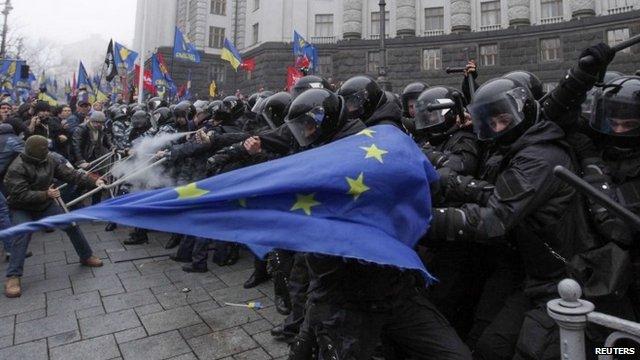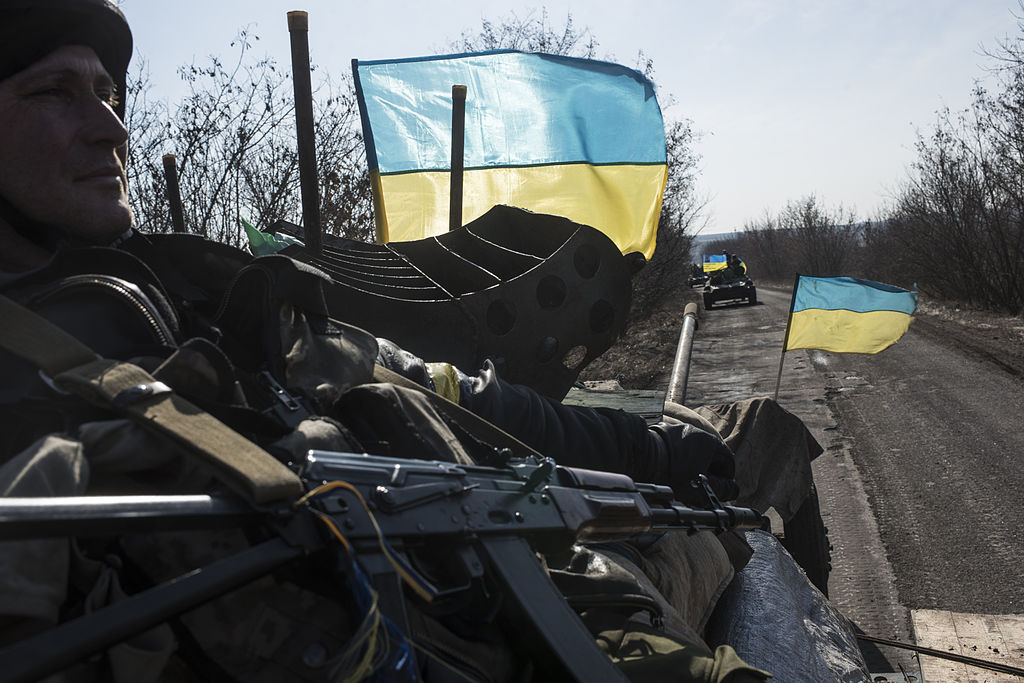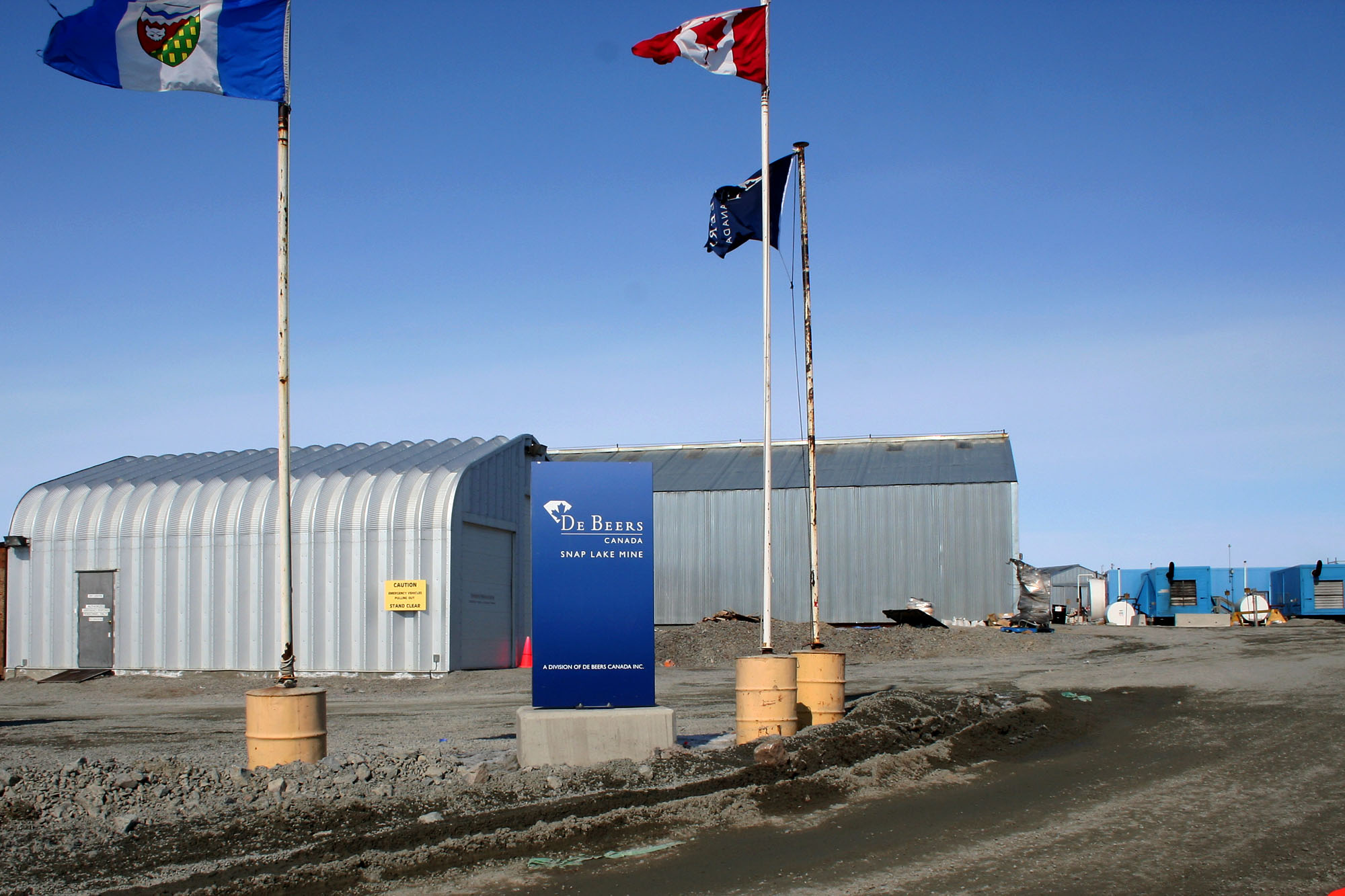With the removal of Ukrainian President Viktor Yanukovych from power following mass protests against his government’s planned economic agreement with Russia, Europe is now confronted with a new pressing political matter to address. After years of being primarily focused on salvaging the region’s common currency and shoring up its weak economies, European policymakers must now devote significant attention to their eastern neighbours.
Ukraine is widely known for its perpetual struggle to mediate pressures from its east and west. Once an integral part of the USSR, Ukraine is now the site of a power struggle between Russia and the United States. Given that its populous south and east generally supports close ties with Moscow, governments must take care to not alienate voters and its powerful neighbour by associating too closely with the west. Conversely, many in the west of the country resent what they see as Russian control over their sovereign territory and insist on closer relations with Europe. It is this section of Ukrainian society that sparked the Orange Revolution ten years ago, and has now deposed the government of Viktor Yanukovych.

Suffice it to say, Ukraine is a difficult country to govern and it appears President Yanukovych was unable to successfully manage the external and internal pressures imposed upon him. But with Yanukovych gone and pro-EU voices seizing control in Kiev, the EU is now confronted with its own set of challenges. The project of European integration, while a remarkable feat in many respects, was never brought forth as a result of mass popular demand. The initiation and expansion of the EU has invariably been an elite dominated endeavour. Incorporation into the EU or Eurozone has typically elicited sentiments of indifference, bemusement, and resentment from the general citizenry. This is a stark contrast with the recent events in Ukraine which have seen people mobilizing to demand closer ties with Europe and some leaders promising full EU membership in the future.
The political difficulties of incorporating Ukraine into the EU are quite apparent. Russia would go to great lengths to prevent this as it would have the US-aligned European bloc on its border. Furthermore, the east and south of the country would likely object strenuously for fear that they could become further marginalized in the country. But beyond these initial considerations, the EU itself may have its enthusiasm tempered by the possible consequences of incorporating Ukraine. Although less immediately dependent, many EU countries retain a major interest in positive or at least stable relations with Russia. Russian resources, both in the form of oil and investment are important throughout much of the EU. Although it is certainly correct to label the EU as a western organization, like Ukraine it too remains somewhat squeezed by the vestiges of Cold War international bipolarity.
If Ukraine is to be incorporated into an integrated Europe, it will likely occur after a very lengthy and arduous process. Various competing interests will need to be accommodated, and the country itself will have to convince Europe of its national stability, openness, and willingness to adhere to regional regulations. Nevertheless, the world has now seen a large population within a non-member state express unprecedented enthusiasm for joining Europe, and has brought the EU into the centre of the seemingly perpetual East-West power struggle. Considering the relative lack of popular enthusiasm for European integration since its inception, this may be viewed by its proponents as a positive development. However, given the geopolitical complexities of this case, it is not at all clear that European policymakers should share this optimism.



